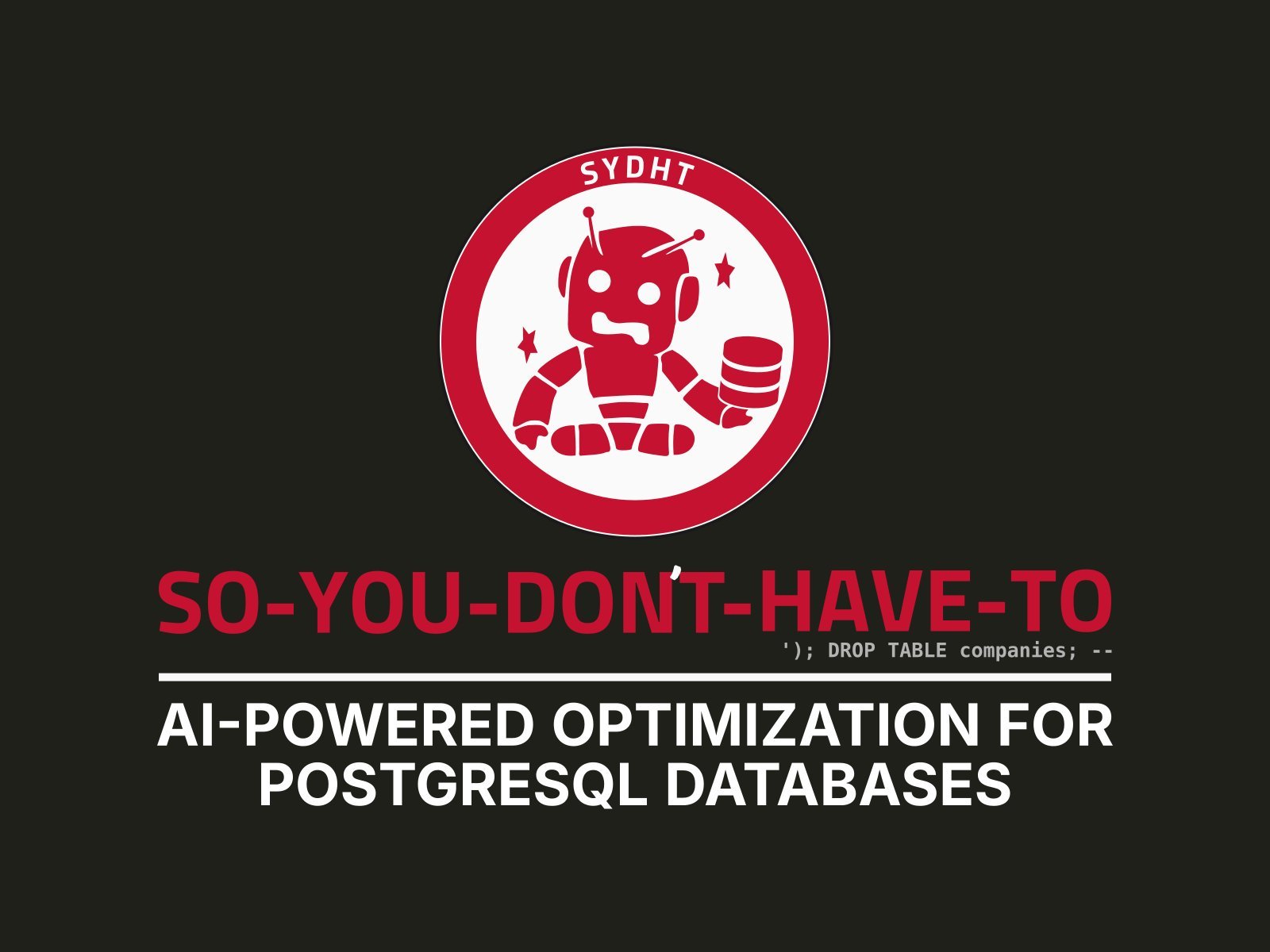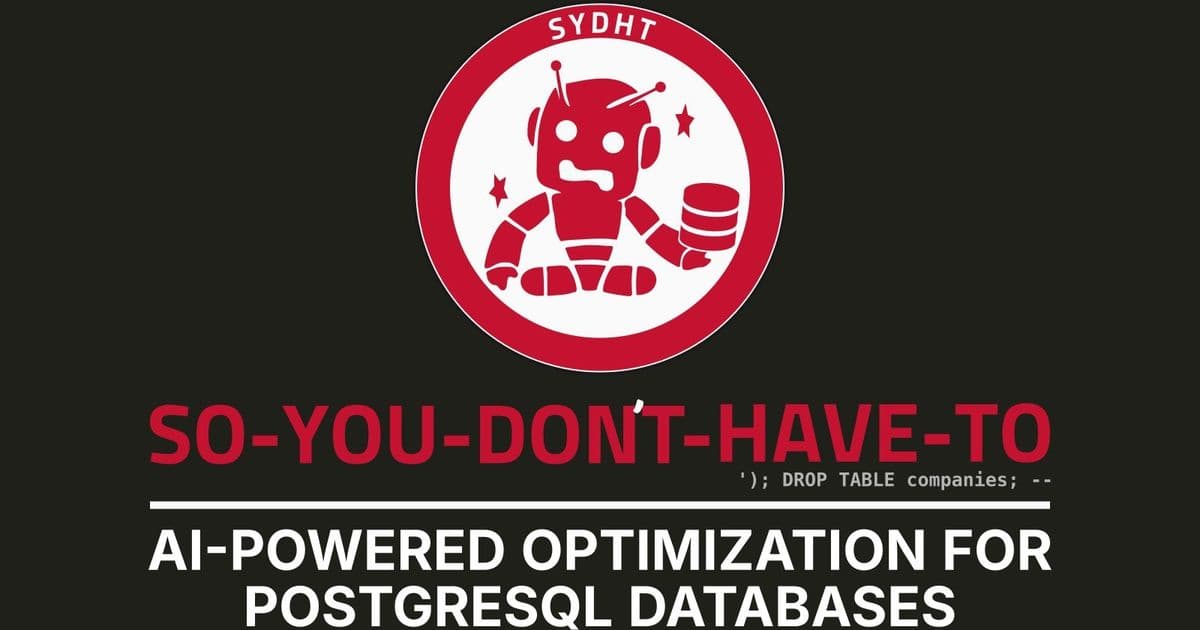As database complexity grows, AI-powered solutions are emerging to automate the intricate task of PostgreSQL optimization, promising to reduce manual tuning efforts and improve performance for DevOps teams worldwide.
In the high-stakes world of database management, PostgreSQL administrators face an ever-growing mountain of optimization challenges. From index selection to query tuning, the manual process of maintaining peak database performance has traditionally been a labor-intensive, error-prone endeavor that often comes at the cost of sleep, personal time, and cloud budgets.

Enter a new wave of AI-powered solutions designed to shoulder the burden of database optimization. These systems leverage machine learning algorithms to analyze database patterns, identify performance bottlenecks, and implement optimizations that would take human experts hours or days to discover.
"The complexity of modern database systems has outpaced traditional monitoring and optimization tools," explains database consultant Sarah Chen. "AI doesn't just react to problems—it proactively identifies patterns and opportunities that humans might miss, especially in large, multi-tenant environments."
The AI Advantage in PostgreSQL Tuning
PostgreSQL, known for its robust feature set and extensibility, presents unique optimization challenges. The open-source database powers everything from small applications to large-scale enterprise systems, each with its own performance characteristics and optimization needs.
AI-powered PostgreSQL optimization tools tackle several critical areas:
- Index Selection: Machine learning models analyze query patterns to recommend optimal indexes, balancing read performance against write overhead.
- Query Optimization: These tools identify inefficient queries and suggest rewrites that can dramatically improve execution times.
- Parameter Tuning: Database configuration parameters ("knobs") are adjusted based on workload patterns, maximizing hardware utilization.
- Plan Analysis: AI detects when the query planner has chosen a suboptimal execution path and suggests corrections.
- Upgrade Preparation: Before major PostgreSQL version upgrades, these tools identify potential compatibility issues and performance regressions.
- Schema Enhancement: Recommendations for schema modifications that align with application usage patterns.
- Error Detection: Identification of common configuration mistakes and anti-patterns that degrade performance.
The Human Cost of Manual Optimization
The consequences of suboptimal database performance extend beyond technical metrics. Database administrators often find themselves on the receiving end of pager alerts, working late hours to troubleshoot performance issues that impact business operations.
"I've seen DBAs sacrifice weekends and family time to address database performance crises," says DevOps engineer Michael Torres. "When a critical query starts timing out, the pressure to fix it immediately is immense. AI optimization tools could potentially restore that work-life balance while improving system reliability."
Financial Implications
Beyond the human cost, inefficient database configurations directly impact cloud expenditure. Over-provisioned resources, inefficient queries, and suboptimal indexing strategies can lead to unnecessary cloud spending—costs that add up significantly over time.
A recent industry study found that organizations implementing AI-driven database optimization reduced their cloud database costs by an average of 23% while improving query performance by up to 40%. These improvements translate directly to the bottom line, freeing up resources for innovation rather than infrastructure maintenance.
The Future of Autonomous Database Management
As AI capabilities advance, we're moving toward more autonomous database management systems that can not only identify optimization opportunities but implement them with minimal human intervention. This shift represents a fundamental change in how organizations approach database administration.
"The goal isn't to replace database administrators," emphasizes database architect Jennifer Lin. "It's to elevate them from reactive problem-solvers to strategic architects who can focus on database design, security, and innovation rather than routine tuning tasks."
For organizations running PostgreSQL, the emergence of AI-powered optimization tools marks a significant evolution in database management. By automating the tedious aspects of tuning, these systems promise to improve performance, reduce costs, and allow database professionals to focus on higher-value activities that drive business innovation.

Comments
Please log in or register to join the discussion